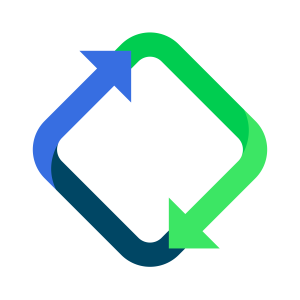EU Waste Framework Directive Updates for Textile Producers
The European Union is strengthening its efforts to make the textile sector more sustainable. Recent updates to the Waste Framework Directive are particularly important for textile producers who want to stay compliant, avoid fines, and position their brand as a leader in environmental responsibility. Understanding the changes now can save time, resources, and pressure later.
The Current State Across the EU
The 27 EU member countries are moving at different speeds when implementing textiles EPR. Countries like France and the Netherlands have already put Textiles EPR into practice, while others are still finalizing drafts or planning adoption in the coming years. For companies selling in multiple markets, this patchwork can feel confusing. Knowing which countries are already active and which are preparing rules helps you plan and avoid last-minute surprises.
Recent Developments to the Waste Framework Directive
In 2023, the European Commission proposed revising the Waste Framework Directive to introduce mandatory, harmonized Extended Producer Responsibility (EPR) schemes across all EU Member States. As of 2025, the directive has been officially adopted.
It was published in the EU Official Journal on 26 September 2025, which means it will become law 20 days later. From that point, the countdown starts: Member States will have 20 months to transpose the directive into national legislation, followed by an additional 10 months to make it fully operational.
Under these rules, textile producers are responsible for financing the collection, sorting, and recycling of their products. That usually covers clothing, footwear and household textiles such as bed linen and curtains.
What the Changes to the Directive Mean for Textile Producers
Textiles EPR is set to modify how products are designed, sold, and tracked. Producers will need to report the amount of textiles placed on the market, contribute to recycling programs, and design items with end-of-life recyclability in mind.
Requirements can differ from country to country. Some member states may ask for additional information, such as material composition, packaging, or collection statistics. Understanding these variations is essential for companies operating across multiple markets. What’s more, clear and accurate reporting helps regulators track progress toward EU sustainability goals and supports the broader circular economy.
The directive also encourages better eco-design. Products may need to meet minimum standards for recyclability, use of recycled content, and clear consumer labeling. While these changes may seem significant at first, producers who adopt them early often find compliance easier, costs lower over time, and their environmental reputation stronger.
Partnering with RLG for Textile Compliance
Working with the right compliance partner gives you a clear view of your data and helps you understand exactly how the directive affects your business. At RLG, we support tracking textiles placed on the market, monitoring recycling contributions, and streamlining participation in EPR schemes across different EU countries.
Our approach makes reporting simpler, lowers the risk of penalties, and helps manage costs tied to EPR contributions. Beyond compliance, we provide actionable insights that guide product design, supply chain decisions, and sustainability initiatives.
Partnering with RLG ensures your business is compliant, efficient, and ready for evolving EU regulations. It also provides peace of mind, so your team can focus on growth and product quality.
Learn more about how we support textile producers with Textiles Compliance and Textiles EPR here: RLG Textiles Compliance







